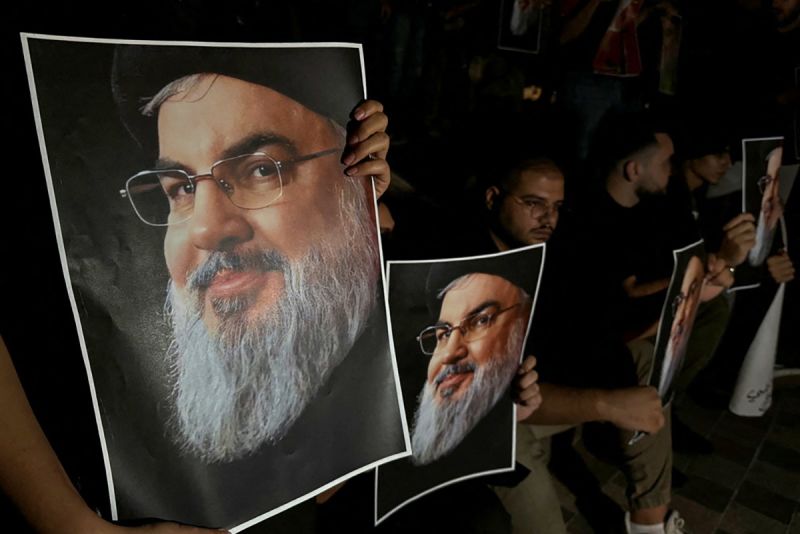
Anticipating the Aftermath: Hezbollah in Turmoil, Israel Contemplates Lebanon Invasion
Hezbollah, a Lebanese Shia Islamist political party and militant group, is facing a turbulent period following the assassination of its leader, Hassan Nasrallah. As the group reels from the loss of its charismatic leader, speculation abounds regarding its future trajectory and potential actions. Meanwhile, Lebanon braces itself for potential fallout and escalation with neighboring Israel. The dynamics of this complex situation showcase the intricacies of Middle Eastern geopolitics and raise questions about what may transpire next.
Hezbollah has long been a prominent player in the region, with a history of conflict and resistance against Israel. Nasrallah’s death leaves a significant leadership vacuum that the group must navigate. The process of succession within Hezbollah is crucial, as it will determine the direction in which the organization moves. A struggle for power or ideological differences could lead to internal discord and weaken the group’s cohesion.
Furthermore, the possibility of Israeli involvement in Nasrallah’s assassination adds another layer of complexity to the situation. Israel has a history of targeted assassinations against its adversaries, and if it is determined that Israel was behind the killing, tensions between the two entities could escalate rapidly. This could potentially result in retaliatory attacks from Hezbollah, further destabilizing the region.
The prospect of an Israeli ground incursion into Lebanon looms large as a potential response to perceived threats from Hezbollah. Such a move would carry significant risks, given Lebanon’s fragile stability and the potential for a broader regional conflict to erupt. The international community would undoubtedly closely monitor any escalation between Israel and Lebanon, as it has implications for regional security and stability.
In the midst of these uncertainties, Lebanon finds itself in a precarious position, caught between the interests of various regional powers. The country has long been a battleground for proxy conflicts, and recent events have only heightened existing tensions. The Lebanese government faces the challenge of maintaining stability and preventing further conflict while navigating the complex web of regional dynamics.
As the situation in Lebanon continues to evolve, it remains unclear what course of action Hezbollah will take in response to Nasrallah’s assassination and how Israel will react to any perceived threats. The coming days and weeks are likely to be filled with uncertainty and potential volatility as the region grapples with the repercussions of these events. The international community will play a crucial role in mitigating the risks of escalation and promoting dialogue to prevent further conflict in this volatile region.
